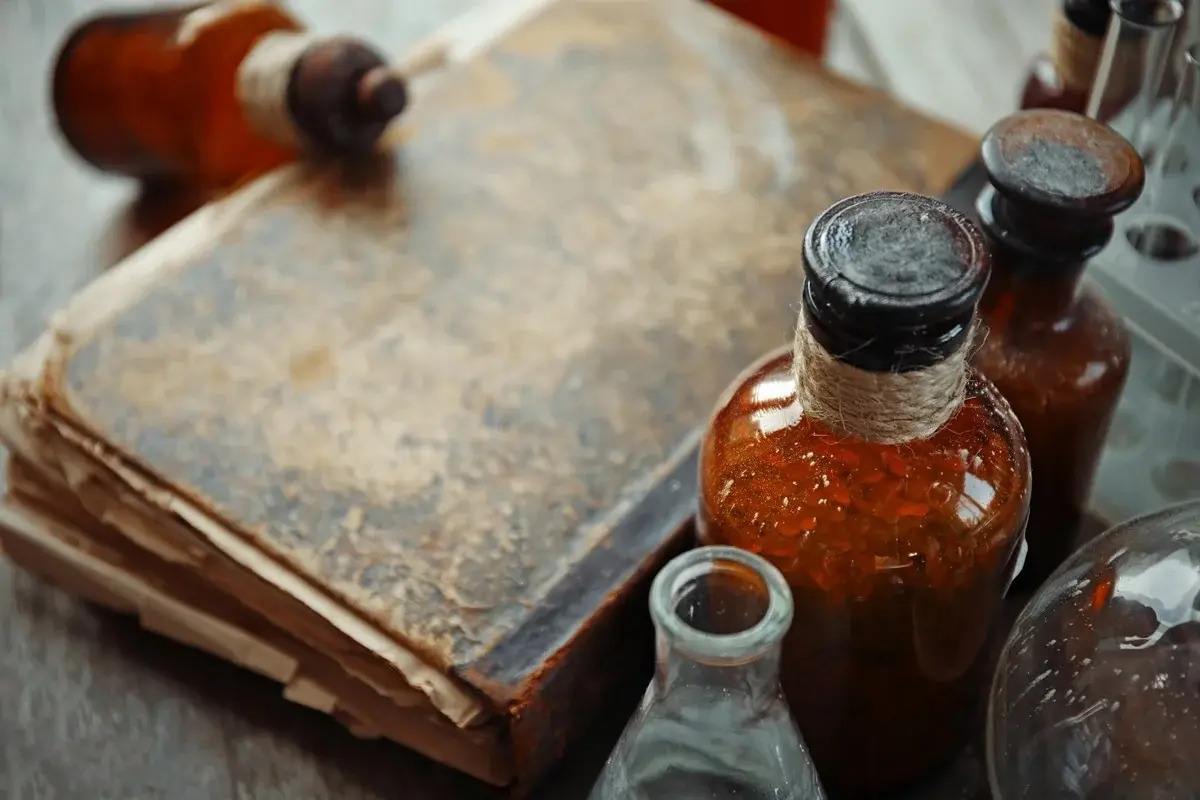
Ancient medicine is a fascinating subject that reveals how early civilizations approached health and healing. Did you know that ancient Egyptians practiced surgery as early as 3000 BCE? They used tools made of bronze and obsidian to perform procedures like trepanation, which involved drilling holes in the skull to treat head injuries. Ancient Greeks believed in the power of natural remedies and diet to maintain health. Hippocrates, often called the "Father of Medicine," emphasized the importance of a balanced diet and exercise. Chinese medicine, dating back over 2,000 years, introduced acupuncture and herbal treatments. These practices aimed to balance the body's energy, or "Qi," to promote wellness. From Ayurveda in India to shamanic rituals in indigenous cultures, ancient medicine offers a rich tapestry of knowledge. Let's dive into 28 intriguing facts about these early medical practices that shaped modern healthcare.
Ancient Egyptian Medicine
Ancient Egypt was a hub of medical knowledge. Their practices laid the groundwork for many modern techniques.
- Papyrus Ebers: One of the oldest medical texts, dating back to 1550 BCE, contains over 700 remedies and magical formulas.
- Surgery: Egyptians performed surgeries using bronze tools, including trepanation, where a hole was drilled into the skull to treat head injuries.
- Dentistry: They treated dental issues with a mix of herbs and honey, and even had rudimentary dental bridges.
- Mummification: This process provided insights into human anatomy, as embalmers removed and studied internal organs.
- Herbal Remedies: Common herbs included garlic, used for its antibiotic properties, and aloe vera for skin conditions.
Greek and Roman Contributions
The Greeks and Romans made significant advancements in medicine, blending science with philosophy.
- Hippocrates: Known as the "Father of Medicine," he introduced the Hippocratic Oath and emphasized natural causes for diseases.
- Galen: A prominent physician whose extensive writings influenced medical practices for centuries.
- Public Health: Romans built aqueducts and sewage systems to improve public health and prevent disease.
- Medical Schools: The Greeks established the first medical schools, where students learned through observation and dissection.
- Pharmacology: Both civilizations used a variety of plants and minerals to create medicines, some of which are still in use today.
Traditional Chinese Medicine
Traditional Chinese Medicine (TCM) has been practiced for thousands of years, focusing on balance and harmony within the body.
- Acupuncture: This technique involves inserting needles into specific points on the body to balance energy flow.
- Herbal Medicine: TCM uses a vast array of herbs, such as ginseng and ginger, to treat various ailments.
- Qi: The concept of vital energy that flows through the body, essential for health and well-being.
- Yin and Yang: These opposing forces must be balanced to maintain health.
- Moxibustion: Burning herbs near the skin to stimulate acupuncture points and improve circulation.
Indian Ayurveda
Ayurveda, originating in India, is one of the world's oldest holistic healing systems.
- Doshas: The three energies (Vata, Pitta, and Kapha) that govern physiological activity.
- Sushruta Samhita: An ancient text detailing surgical techniques, including rhinoplasty and cataract surgery.
- Panchakarma: A detoxification process involving five treatments to cleanse the body.
- Herbal Treatments: Ayurveda uses herbs like turmeric and ashwagandha for their healing properties.
- Diet and Lifestyle: Emphasizes a balanced diet and daily routines tailored to an individual's dosha.
Medieval Islamic Medicine
Islamic scholars preserved and expanded upon ancient medical knowledge during the Middle Ages.
- Avicenna: His book, "The Canon of Medicine," was a standard medical text in Europe and the Islamic world for centuries.
- Hospitals: Islamic cities had advanced hospitals with separate wards for different diseases.
- Surgery: Islamic surgeons developed new techniques, including the use of catgut for internal stitches.
- Pharmacy: The first pharmacies, or apothecaries, were established in the Islamic world.
- Medical Ethics: Islamic medicine emphasized ethical treatment of patients, influenced by religious principles.
Indigenous Medicine
Indigenous cultures around the world have unique medical practices based on their local environments and traditions.
- Shamanism: Many indigenous cultures use shamans to heal through spiritual rituals and herbal remedies.
- Plant Medicine: Indigenous people have extensive knowledge of local plants and their medicinal uses.
- Holistic Approach: Health is seen as a balance between physical, spiritual, and environmental factors.
Ancient Medicine's Lasting Impact
Ancient medicine has shaped modern healthcare in ways we often overlook. From herbal remedies to surgical techniques, many practices have roots in ancient civilizations. Egyptians used honey for wound care, a method still valued today. Greek physicians like Hippocrates laid the foundation for medical ethics and clinical practices. Chinese medicine introduced acupuncture, now a common alternative therapy worldwide.
Understanding these historical contributions helps us appreciate the evolution of medical science. It also reminds us that innovation often builds on past knowledge. Next time you visit a doctor or take a prescribed medication, remember the ancient wisdom that paved the way. Ancient medicine's legacy continues to influence and improve our lives, proving that old practices can still hold value in our modern world.
Was this page helpful?
Our commitment to delivering trustworthy and engaging content is at the heart of what we do. Each fact on our site is contributed by real users like you, bringing a wealth of diverse insights and information. To ensure the highest standards of accuracy and reliability, our dedicated editors meticulously review each submission. This process guarantees that the facts we share are not only fascinating but also credible. Trust in our commitment to quality and authenticity as you explore and learn with us.


